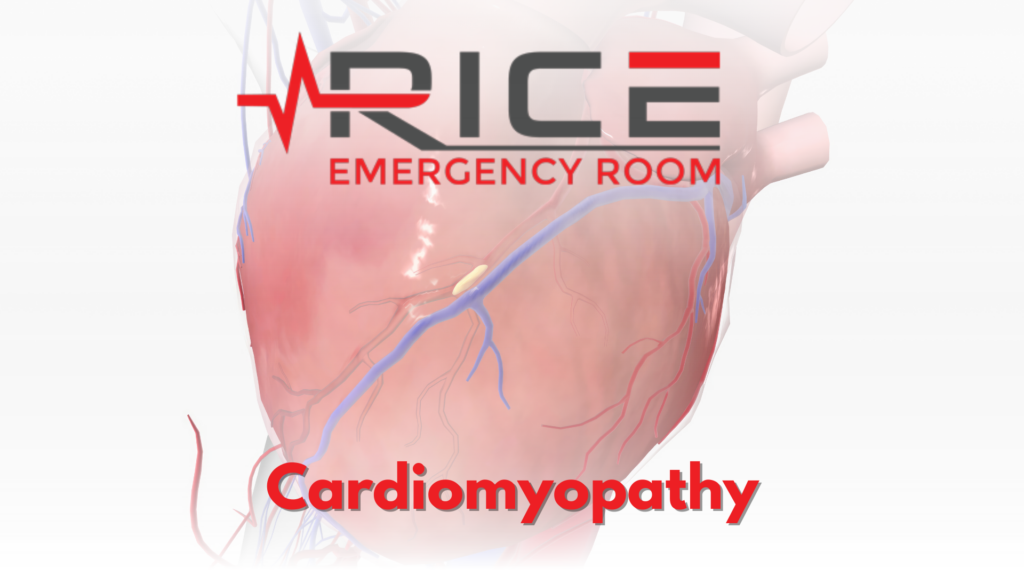Pancreatitis is a medical condition characterized by inflammation of the pancreas, a vital organ responsible for producing digestive enzymes and hormones like insulin. The condition can vary in severity, ranging from mild and self-limiting to severe and life-threatening. Understanding the symptoms, diagnosis, and treatment options for pancreatitis is crucial for timely intervention and better patient outcomes.
Symptoms of Pancreatitis
Pancreatitis presents with several noticeable symptoms that can vary depending on the severity of inflammation. The key symptoms include:
- Abdominal Pain: One of the most common symptoms of pancreatitis is persistent abdominal pain. The pain can range from mild to severe and may be localized to the upper abdomen or radiate to the back.
- Nausea and Vomiting: Patients with pancreatitis often experience nausea and may have episodes of vomiting.
- Fever and Rapid Pulse: In some cases, the inflammation may lead to fever and an elevated heart rate.
- Tenderness and Swelling: The abdomen may become tender to touch, and there could be noticeable swelling.
- Changes in Bowel Movements: Pancreatitis can cause diarrhea and oily, foul-smelling stools due to improper digestion of fats.
(John Hopkins Medicine)
Diagnosis of Pancreatisis
Diagnosing pancreatitis involves a combination of medical history evaluation, physical examination, and diagnostic tests. Some of the key methods used for diagnosis:
- Blood Tests: Blood tests are conducted to measure levels of pancreatic enzymes like amylase and lipase. Elevated levels of these enzymes can indicate pancreatitis.
- Imaging Tests: Various imaging techniques such as ultrasound, CT scans, or MRI are employed to visualize the pancreas and assess the extent of inflammation or any structural abnormalities.
- Endoscopic Ultrasound (EUS): In some cases, an endoscope with an ultrasound probe is used to obtain detailed images of the pancreas from inside the digestive tract.
- ERCP (Endoscopic Retrograde Cholangiopancreatography): This procedure involves the use of a flexible tube with a camera to examine the pancreatic and bile ducts.
(Mayo Clinic)
Treatment of Pancreatitis
The management of pancreatitis largely depends on the severity of the condition. Mild cases may resolve with conservative measures, while severe cases require intensive medical intervention. Some common treatment options are:
- Hospitalization: Severe cases of pancreatitis often require hospitalization, especially if complications like infection or organ failure are present.
- Pain Management: Pain medications are prescribed to alleviate abdominal pain, making patients more comfortable during the recovery period.
- Fasting and Nutritional Support: In acute cases, patients may need to fast initially to allow the pancreas to rest. Nutritional support may be provided intravenously during this period.
- Treating Underlying Causes: If pancreatitis is caused by gallstones or alcohol consumption, addressing these underlying issues is crucial to prevent future episodes.
- Surgery: In some cases, surgery may be necessary to remove damaged tissue or to drain fluid collections or abscesses that have developed.
(Cleveland Clinic)
When to Go to the Emergency Room
Pancreatitis is a serious medical condition that requires prompt diagnosis and appropriate treatment. Recognizing the symptoms, seeking medical attention, and undergoing the necessary diagnostic tests can help in early detection. The treatment plan may vary from patient to patient, but with the advancements in medical care, the prognosis for pancreatitis has improved significantly. It is essential to follow medical advice and make necessary lifestyle changes to prevent future occurrences of pancreatitis.
Works Cited
“Pancreatitis.” Mayo Clinic, Mayo Foundation for Medical Education and Research, 24 Sept. 2021, www.mayoclinic.org/diseases-conditions/pancreatitis/diagnosis-treatment/drc-20360233#:~:text=Blood%20tests%20to%20look%20for,the%20extent%20of%20pancreas%20inflammation. Professional, Cleveland Clinic medical. “Pancreatitis: Symptoms, Causes & Treatment.” Cleveland Clinic, my.clevelandclinic.org/health/diseases/8103-pancreatitis.




